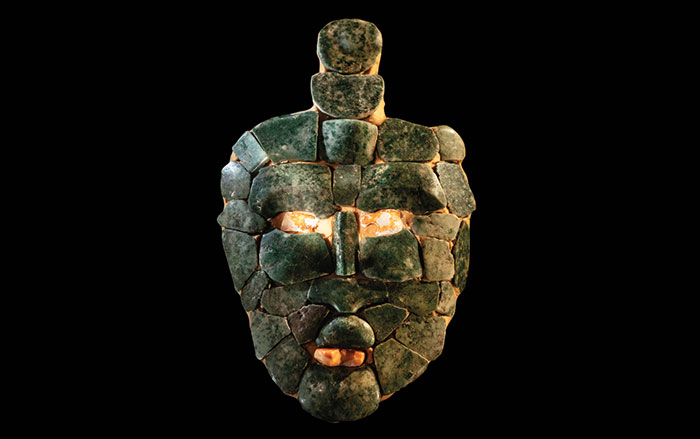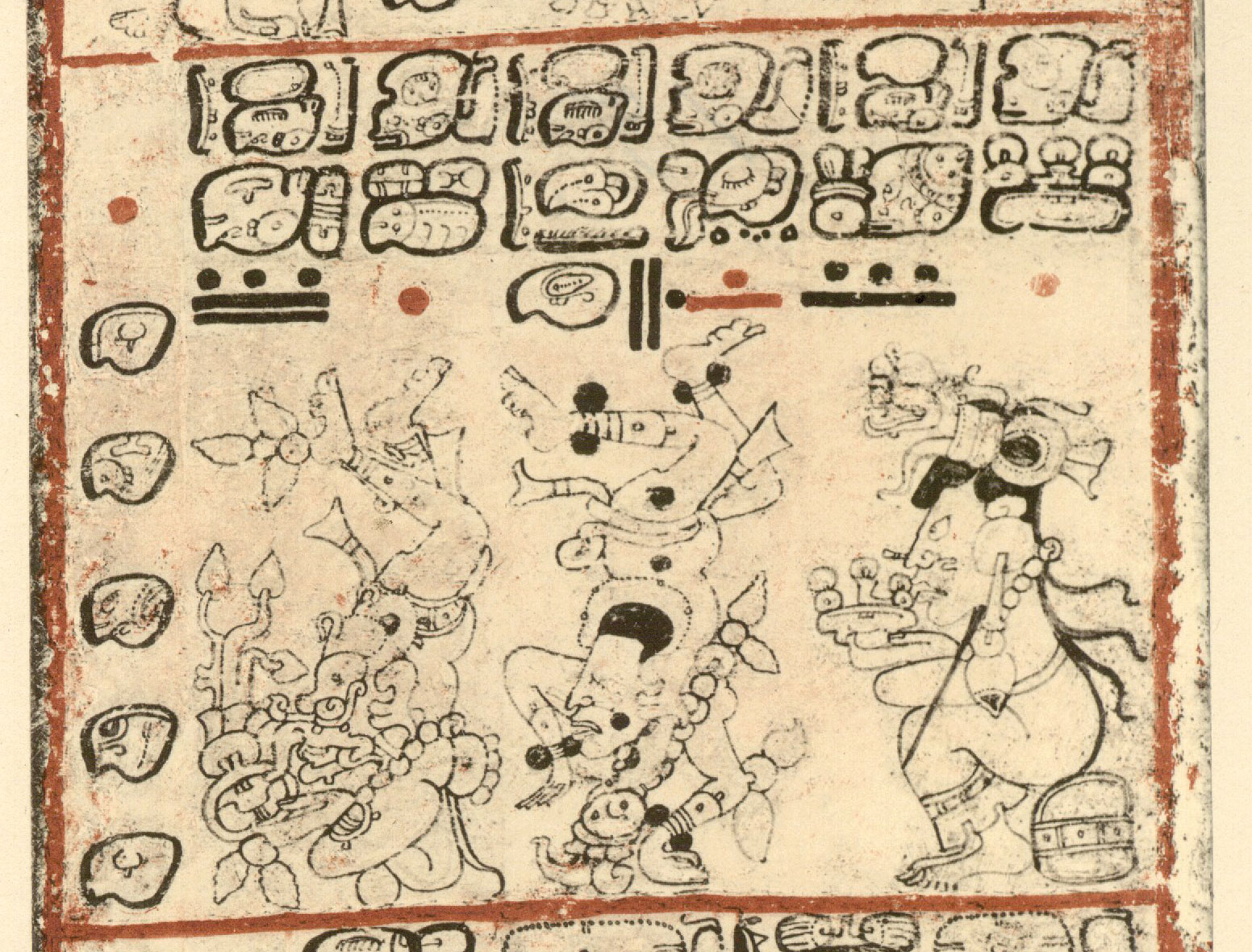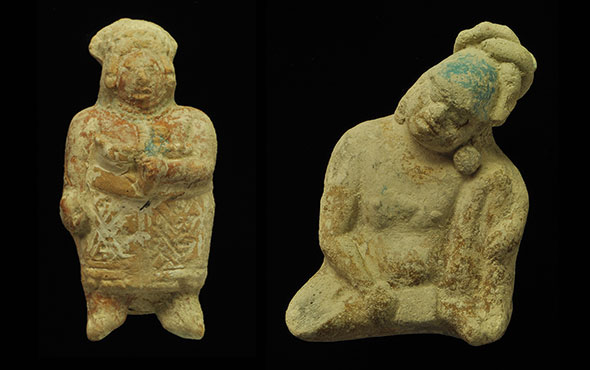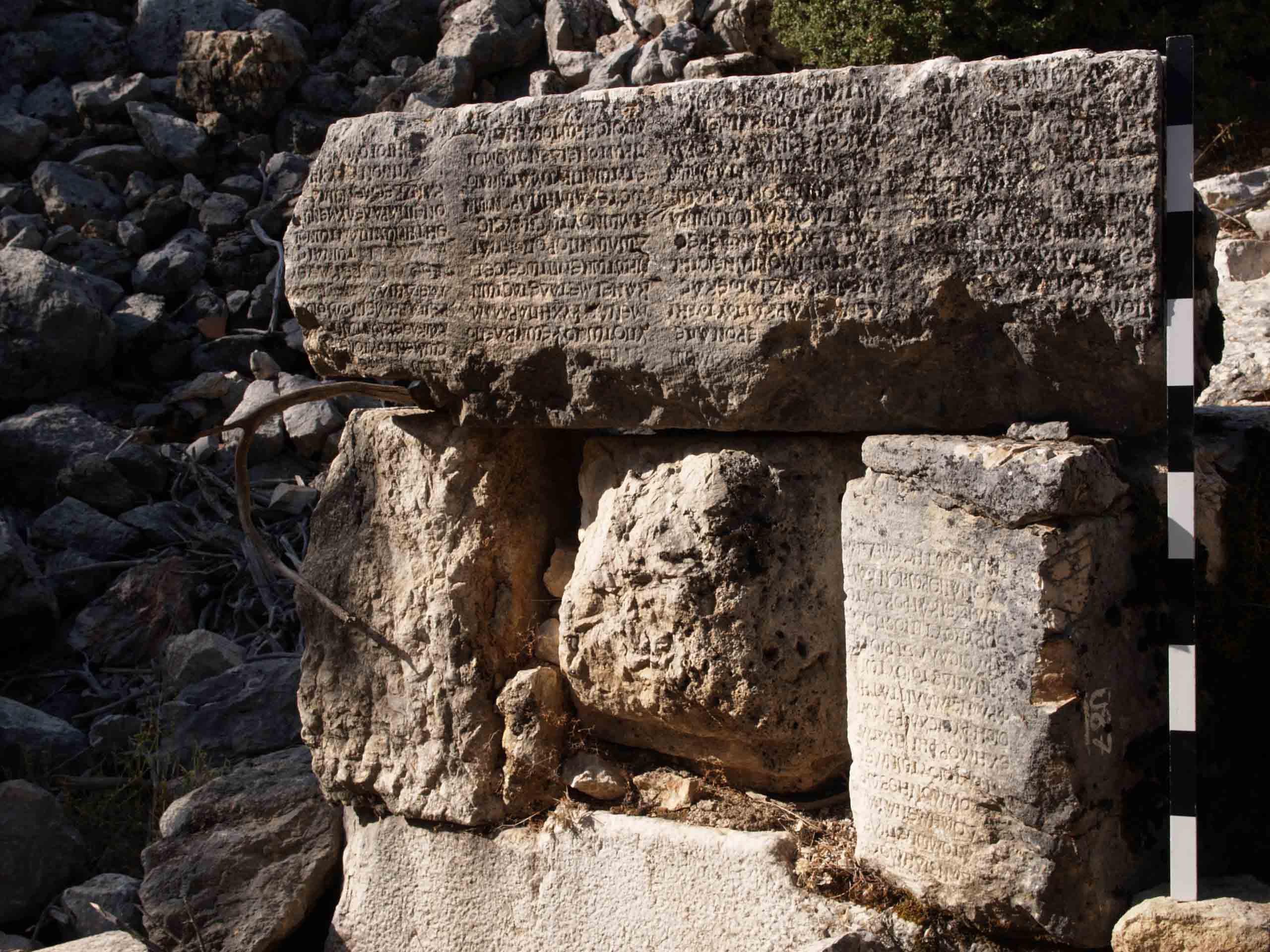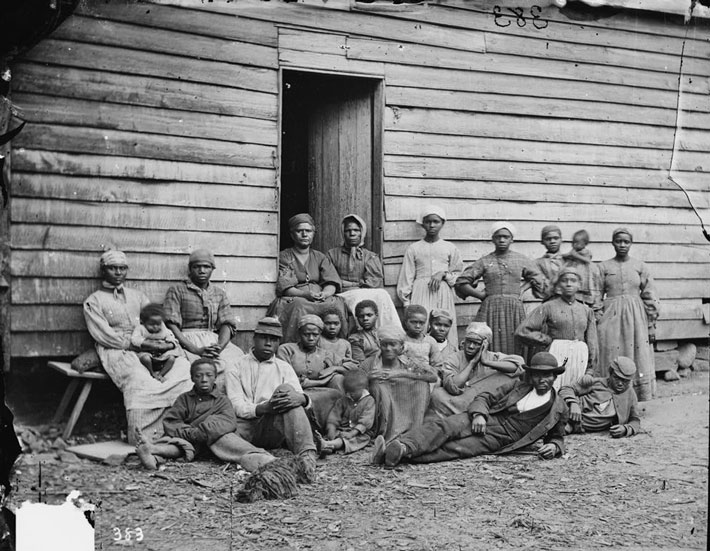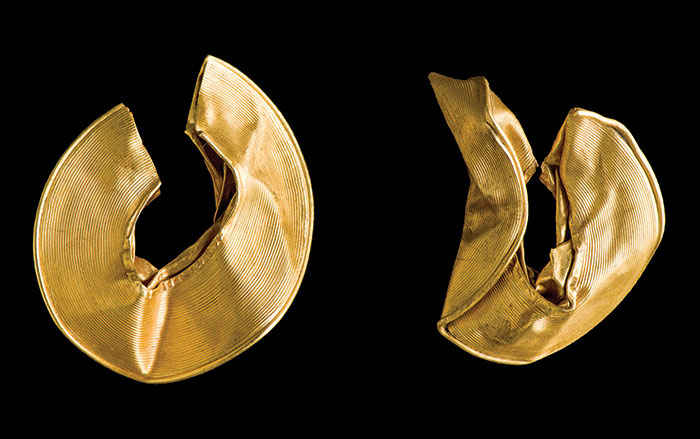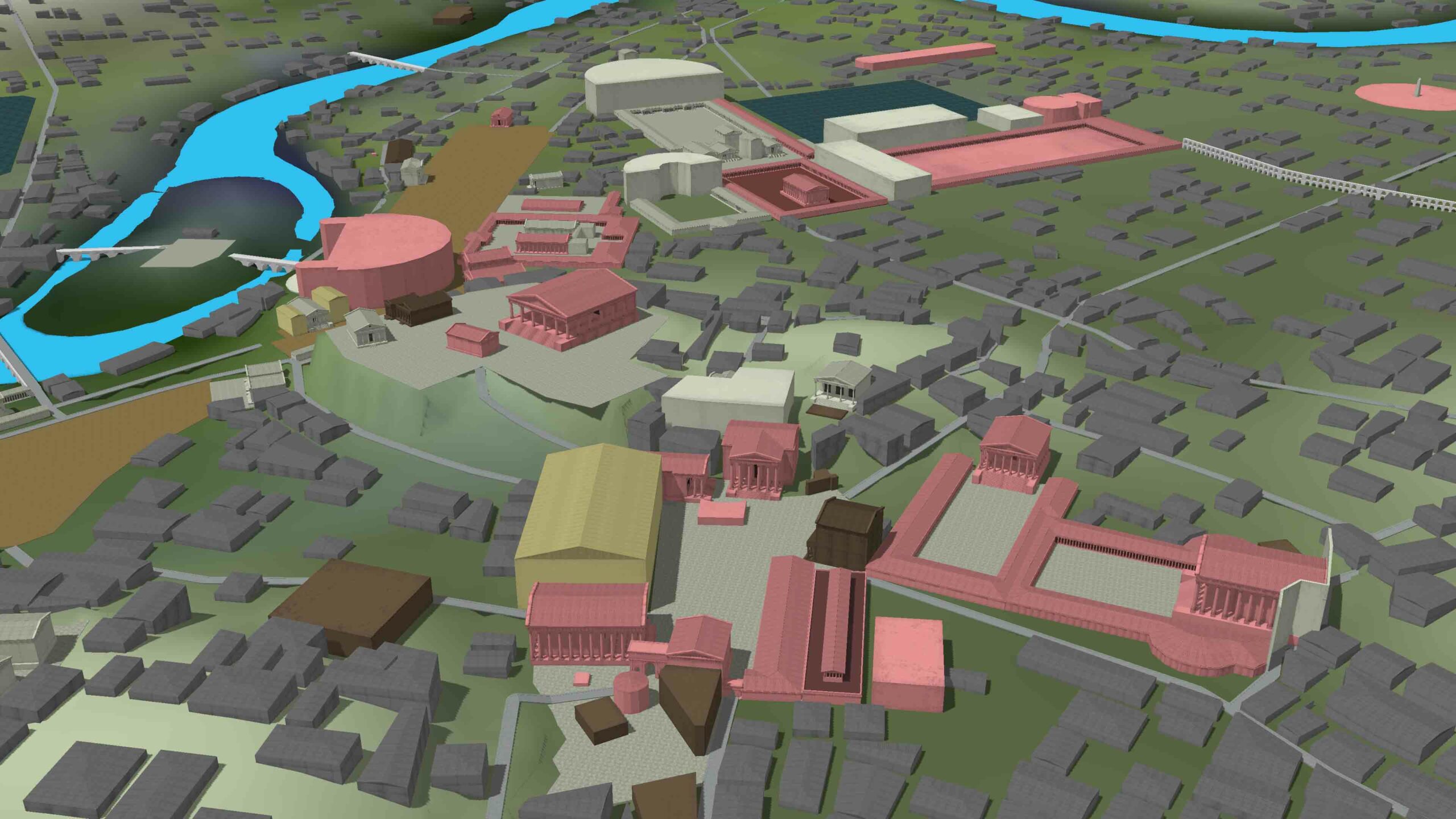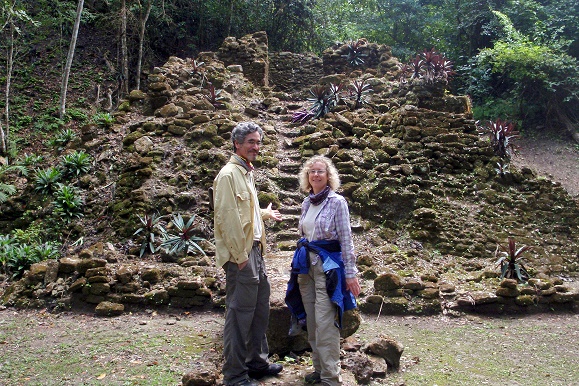
AUSTIN, TEXAS—Geographers Tim Beach and Sheryl Luzzader-Beach of the University of Texas at Austin used old and new data to study the impact of Maya civilization on the lowlands of Central America. “Most popular sources talk about the Anthropocene and human impacts on climate since the industrial revolution, but we are looking at a deeper history. Though it has no doubt accelerated in the last century, humans’ impact on the environment has been going on a lot longer,” Beach said in a press release. The researchers identified six markers of large-scale change, including “Maya clay” rocks, unique soil sequences, carbon isotope ratios, widespread chemical enrichment, building remains and landscape modifications, and signs of Maya-induced climate change. “Historically, it’s common for people to talk about the bad that happened with past environmental changes, such as erosion and climate change from deforestation. But we can learn a lot from how Maya altered their environment to create vast field systems to grow more crops and respond to rising sea levels,” Beach said. To read more about how archaeologists are using cutting-edge technology to analyze ancient Maya cities, go to "Lasers in the Jungle."


